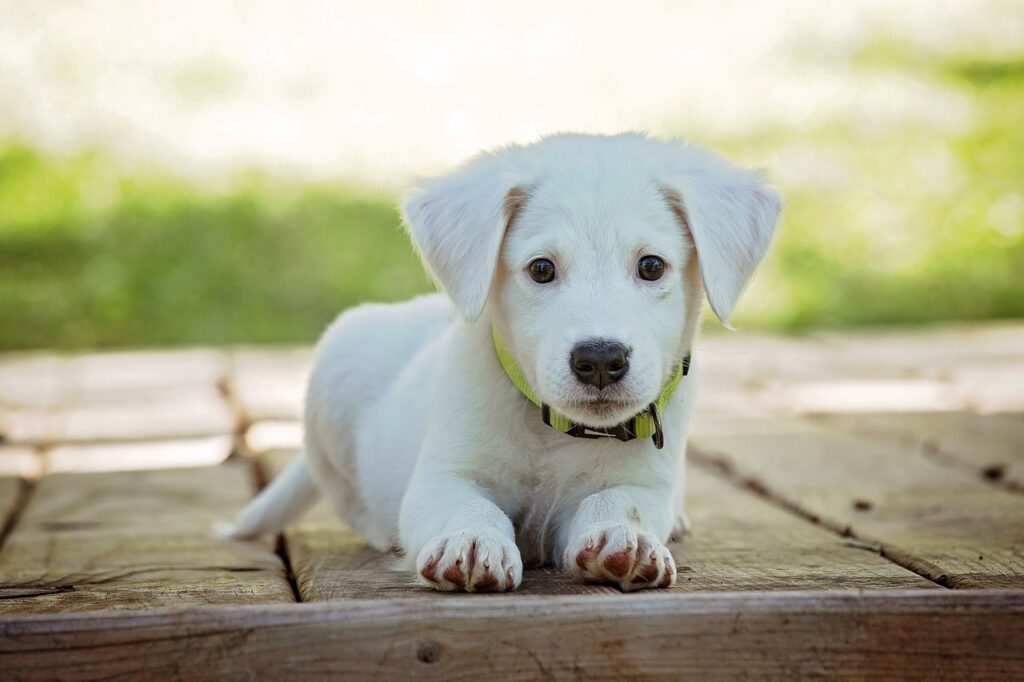Best Training Collars for Small Dogs: Safe and Effective Options
Training a small dog can be a unique challenge. You may find yourself in a tug-of-war over a leash, wondering why your inquisitive pup is darting off at the slightest distraction. Choosing the right training collar can make a real difference. This article will guide you through safe and effective options that can help streamline your training efforts while keeping your furry friend comfortable and happy.
Understanding Your Small Dog’s Needs
Breed-Specific Considerations
Different breeds have distinct temperaments that influence collar choice. For instance, a Jack Russell, known for its high energy, might benefit from a head halter to prevent pulling. In contrast, Chihuahuas, who may be more timid, often do well with soft harnesses that provide a gentle fit. Always consider your dog’s breed characteristics when making a decision.
Training Goals
Establish what you wish to achieve with your training sessions. Are you aiming for better leash manners or improving recall? Each goal may require different collars. For instance, pullers might need a harness, while those needing recall training might benefit from a martingale collar.
Potential Health Concerns
Small dogs can be susceptible to neck injuries, particularly from standard collars. A well-fitted training collar that distributes pressure evenly is essential. Make sure to assess your dog’s physical condition to avoid aggravating potential health concerns.
Types of Training Collars for Small Dogs
Head Halters/Gentle Leaders
Head halters work by gently guiding your dog’s head in the direction you want them to go. They are particularly effective for small, strong dogs that tend to pull. While they can effectively reduce pulling, some dogs may resist wearing them initially. Brands like PetSafe and Gentle Leader are popular options. Studies show that head halters can reduce pulling by up to 85%.
Harnesses
Harnesses come in various types, such as front-clip and back-clip. Front-clip harnesses help discourage pulling, while back-clip harnesses offer comfort for small dogs. According to Dr. Jennifer Coates, a veterinary advisor for petMD, “Harnesses can provide more control and are often safer than collars for small dogs.”
Martingale Collars
Martingale collars are designed to provide gentle correction without choking. These collars tighten when the dog pulls but allow for more comfort than a traditional collar. They are well-suited for breeds known to slip out of collars, like Greyhounds. An example of their effectiveness is found with a Beagle that learned to walk politely in a matter of weeks.

Choosing the Right Size and Fit
Measuring Your Dog
Getting the right size collar is crucial. Measure around your dog’s neck with a tape measure, leaving enough room for comfort. Add about 1-2 inches to ensure a good fit without being too tight.
Collar Material and Comfort
Collars should be soft and made from materials that won’t irritate the skin. Nylon and padded collars often work well for small dogs, providing comfort and durability.
Adjustable Features
Look for collars that have adjustable features. These allow for growth and provide flexibility as your dog gains or loses weight. A good fit will prevent injuries and provide the most effective training.
Safe Training Practices with Collars
Positive Reinforcement Techniques
Combine collar use with positive reinforcement methods. Reward your dog with treats or praise for good behavior. This approach creates a happy association with training and collars.
Avoiding Harsh Corrections
Avoid using collars for punishment. Harsh corrections can lead to anxiety and mistrust. Focus on humane methods that encourage good behavior without fear.
Supervision and Monitoring
Always supervise your dog during training sessions. Monitoring ensures they do not accidentally injure themselves while still learning how to wear the collar.
Top Recommendations and Reviews
Product #1: PetSafe Easy Walk Harness
- Pros: Prevents pulling, easy to put on, padded chest strap for comfort.
- Cons: Some dogs may need time to adjust.
- Pricing: Approximately $25.
Product #2: Gentle Leader Head Collar
- Pros: Reduces pulling significantly, improves control, comfortable fit.
- Cons: May require acclimation for some dogs.
- Pricing: Roughly $30.
Product #3: Blue-9 Balance Harness
- Pros: Well-balanced, lightweight, multiple adjustment points.
- Cons: Slightly more expensive.
- Pricing: Around $50.
Conclusion
Selecting the right training collar for small dogs is vital for effective training. Ensuring comfort, fit, and safety will foster a positive environment for both the dog and the owner. Use positive reinforcement alongside humane collar choices for the best results. Remember, every step counts towards successful training, so stay patient and supportive throughout the process. Happy training!




